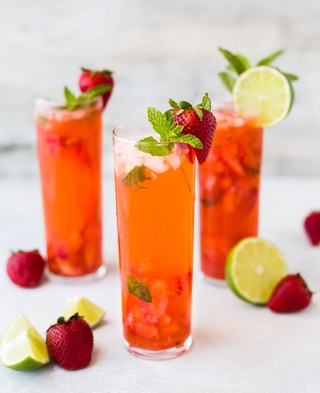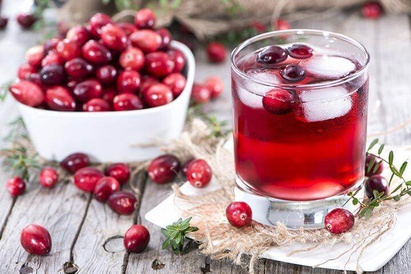Fruit juices have invaded our stores. So much so that we no longer know which one to choose!
What's the difference between nectar, pure juice or juice from concentrate?
Which are the most caloric or nutritionally beneficial?
Fruit juices seem to be one of the favorite drinks of the French since they drink more than one billion liters per year, all flavors included! Of course, orange juice, the title holder, represents more than half of the consumption. As you probably know, it is essential for your health not to swallow just any drink!
What to choose among the impressive quantity of fruit juices, vegetables and other drinks offered?
Concentrated syrups for dilution have the advantage of instantly providing different and varied tastes from just a glass of water. The large choice of flavors is very satisfying and flatters the taste buds of the youngest to the oldest; nevertheless, these syrups have no particular dietary interest. Very rich in sugars and therefore very high in calories, they are totally devoid of vitamins or minerals.

Industrial or organic fruit juices obtained from fresh fruit should normally have the natural color, aroma and taste of the fruit from which they are extracted. Their mineral and vitamin values depend initially on the fruit used but especially on their mode of manufacture. Vitamins C and D, as well as other nutrients added to many juices, are unfortunately often of synthetic origin and therefore have no nutritional value. It is therefore necessary to be vigilant in the choice of these beverages since many of them are very sweet and therefore very high in calories, thus presenting little interest from a health point of view.
3 appellations, 3 types of juice
The juices are listed under three different names and forms, each with its own characteristics.
The 100% pure juice,obtained by simply squeezing the fruit, is then quite often pasteurized, which causes it to lose a lot of vitamins. It is normally without added sugar or additives, but this information should be checked on the package.
So-called "juice concentrate" juices are made from fruit that is first partially dehydrated and then reconstituted with the same amount of water before being sold. The addition of authorized sugar must be mentioned. The nutritional virtues of this type of juice are not exceptional either.
Nectars, to be distinguished from fruit juices, are made from concentrated fruit purees or fruit pulp with added water and sugar. The percentage of fruit should be between 25 and 50% and the amount of added sugar should not exceed 20%.

Obviously, directly extracted or pressed fruit juices remain the best sources of hydration and of vitamins, minerals and pigments such as carotenoids with interesting antioxidant properties.
However, this type of drink must remain a source of hydration, the ideal being to return to the sources, i.e. water, the only drink really essential to the table and the body. In order to solve the problem of its insipidity and to break the gustatory monotony, consider adding a little squeezed lemon or a few mint leaves.